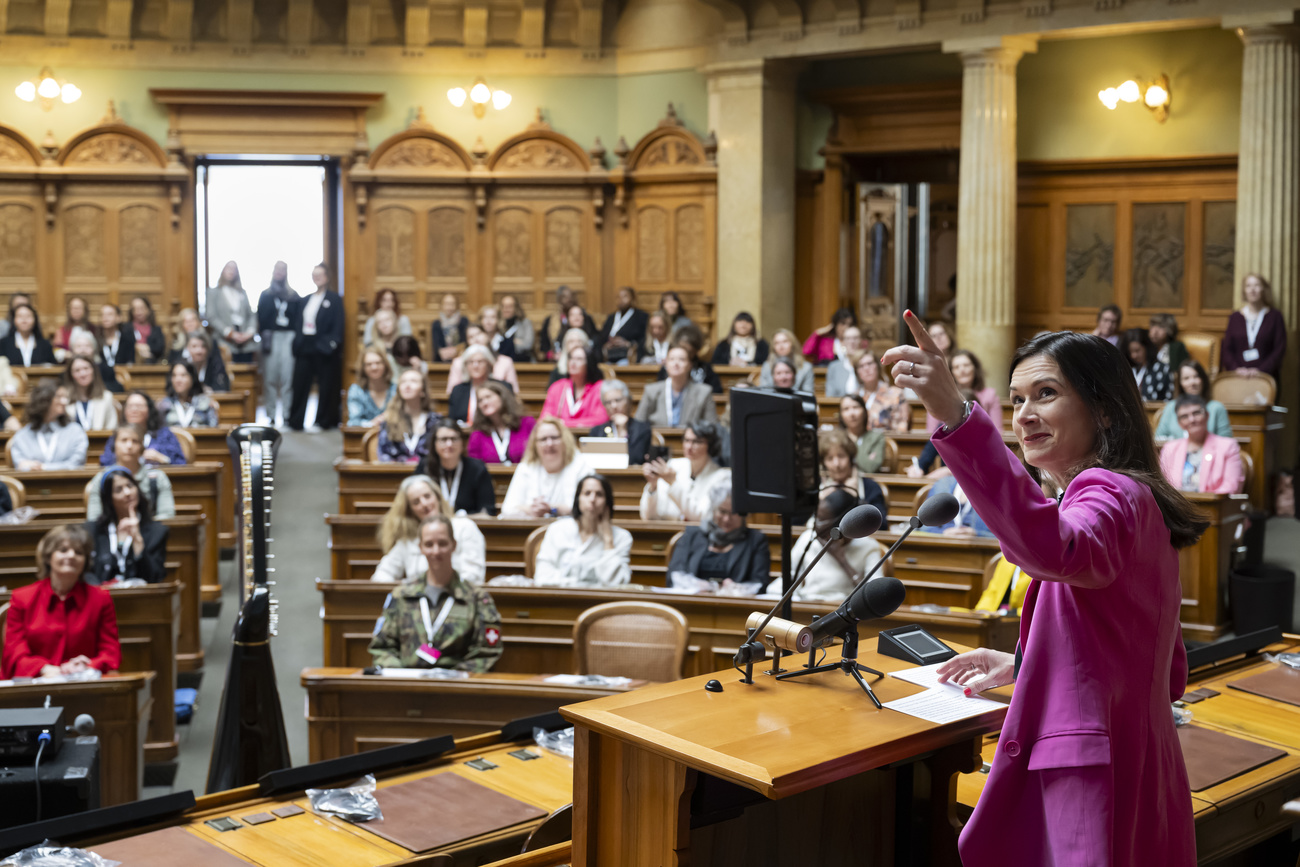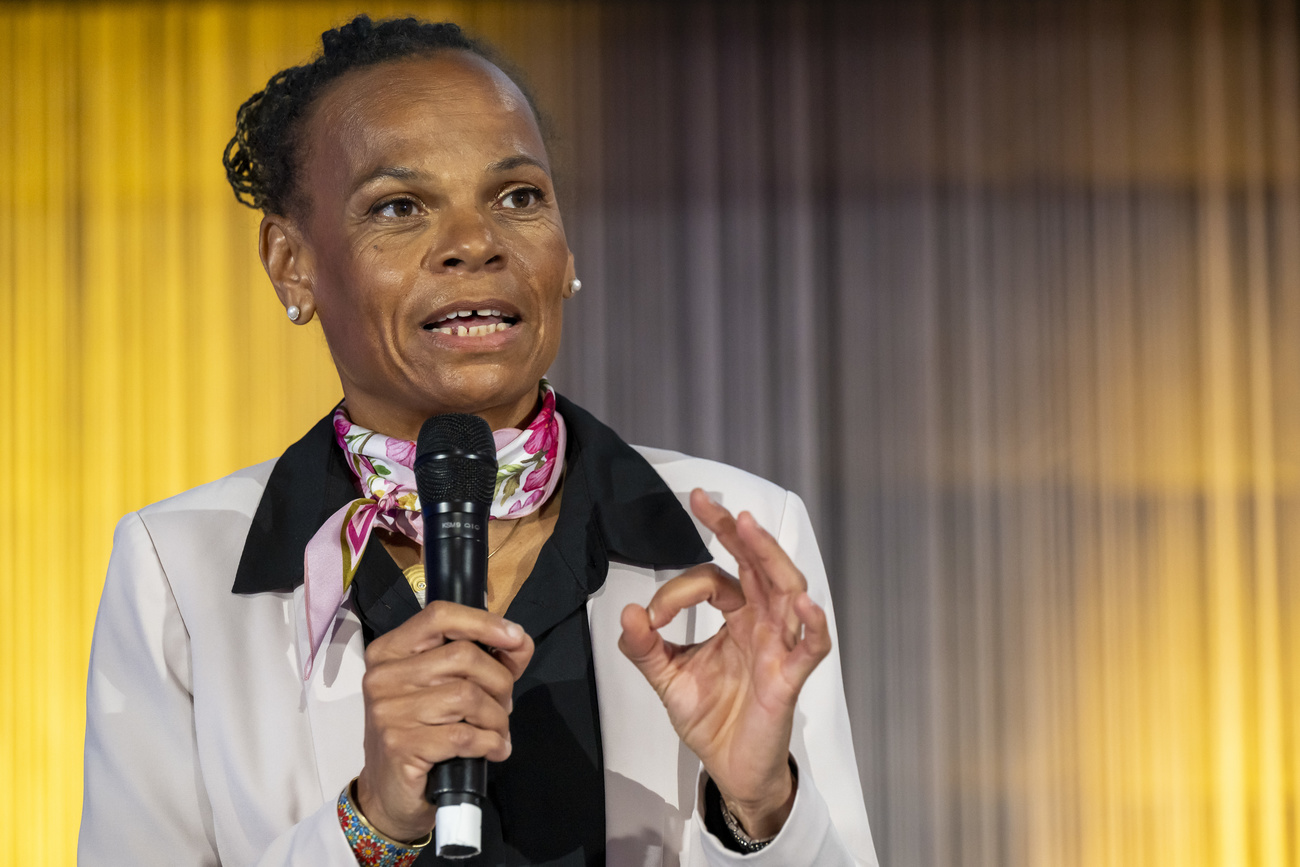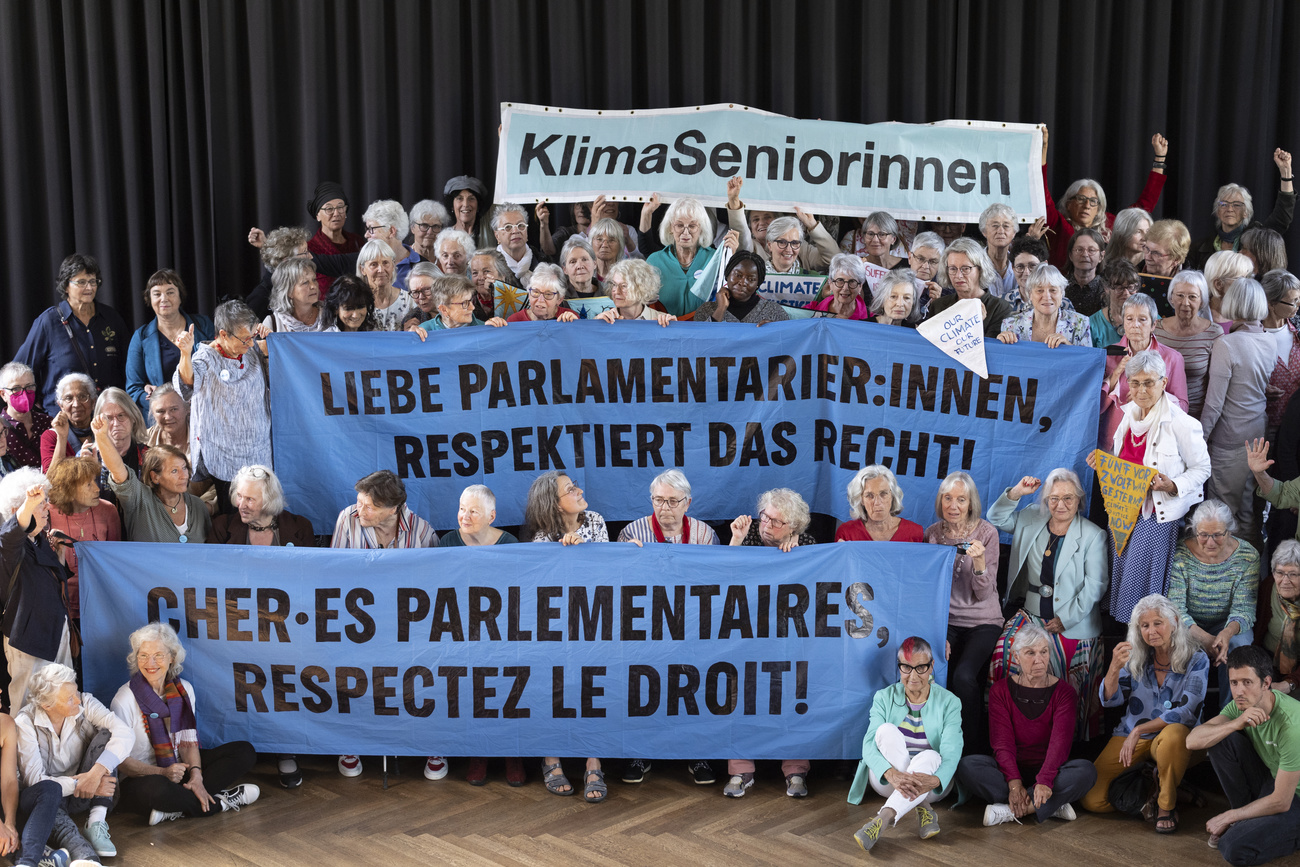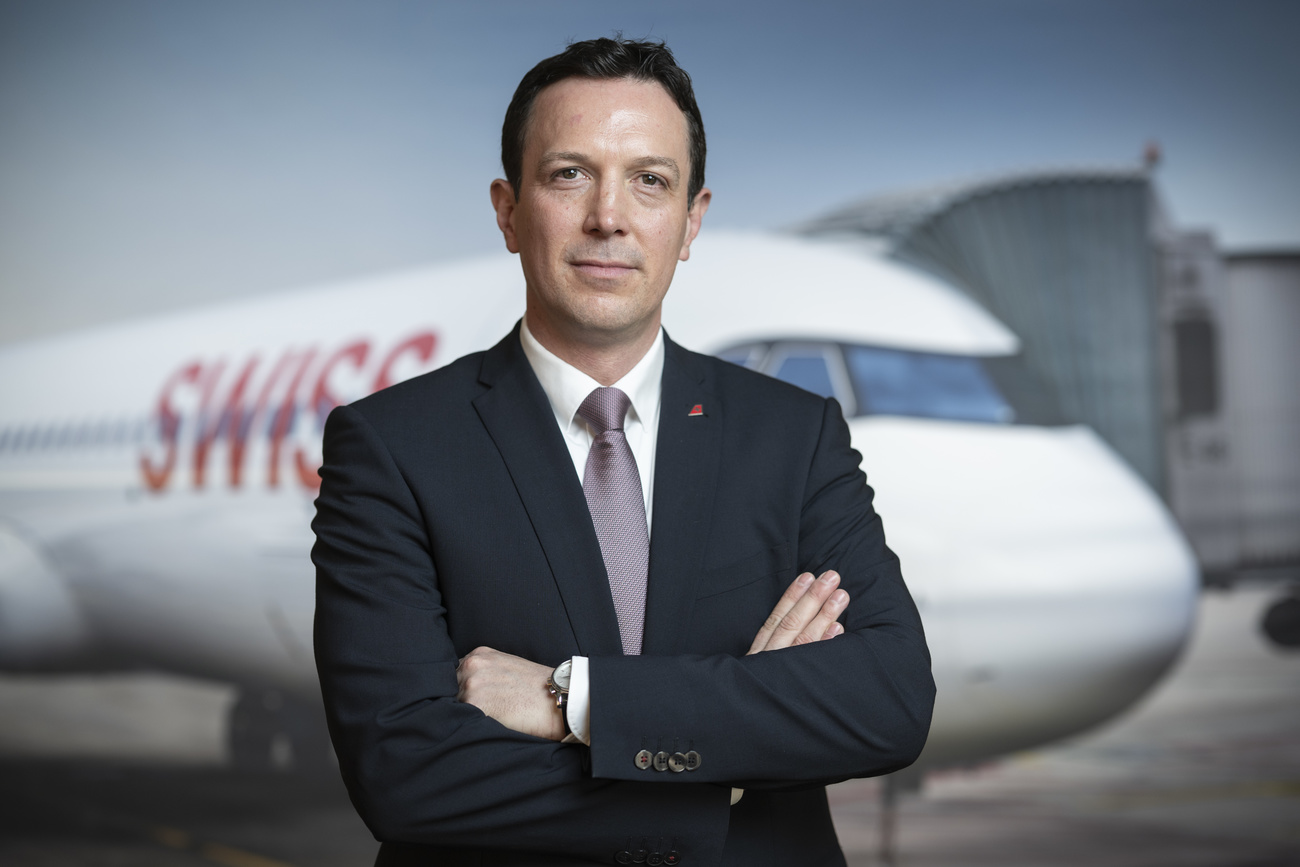

Switzerland Today
Dear Swiss Abroad,
Today's top headlines from Switzerland centre on Geneva, where international organisations are still grappling with the fallout from the suspension of US funding and aid.
Earlier today, Switzerland received an update from the European Court of Human Rights regarding last year’s landmark climate ruling.
We close this Friday’s briefing with an interview with the CEO of Swiss International Air Lines, who reflects on SWISS’s record-breaking revenues – but explains why ticket prices will not be reduced.
Sunny regards from Bern,

The 90-day suspension of US aid will fundamentally reshape the humanitarian, development and multilateral landscape, according to Patricia Danzi, director of the Swiss Agency for Development and Cooperation (SDC), in an interview broadcast.
Danzi describes the abrupt freeze as “a real earthquake”. With a budget of $42.8 billion (CHF37.6 billion), USAID accounts for 42% of global humanitarian aid. “The sums at stake are simply enormous,” she says.
While many partners have already approached the SDC to increase their contributions to compensate for the shortfall, Danzi warns that neither Switzerland nor other actors can fully replace the missing funds. As a result, many ongoing or planned projects will have to be halted.
Danzi fears that such an abrupt cessation of aid could cost lives. “When food distributions are not made, medicines are not delivered, or medical treatments cannot be provided in times of crisis, deaths are inevitable,” she warns, noting that in some countries, 60% of humanitarian programmes were funded by the United States.
Although much remains uncertain – “many things are still pending on the US side” – Danzi believes the humanitarian sector is facing “profound reform”.

Switzerland has called off a conference on applying the Geneva Conventions in the Middle East following opposition from several countries.
The Swiss government announced on Thursday that the number of participants supporting the draft final declaration was insufficient.
Last September, Switzerland was mandated by the UN General Assembly to organise the conference within six months. The event, to which all 196 state parties were invited, aimed to reaffirm international humanitarian law. However, tensions escalated in the weeks leading up to the meeting.
Israel, which accused Switzerland of taking a “revisionist” approach that could impose new legal obligations, and the United States decided to boycott the event. According to Arab media, the Palestinians were also preparing to withdraw.
The consequences of the cancellation and potential next steps remain unclear.

Switzerland has made progress in addressing last year’s landmark European Court of Human Rights (ECHR) ruling on climate inaction, according to the Council of Europe’s decision-making body.
Today, the Committee of Ministers, which includes foreign affairs delegates from the Council of Europe’s 46 member states, acknowledged that some issues had been “resolved at federal level”, such as closing legislative gaps. These include the revised CO2 Act, which took effect on January 1, setting climate targets through 2030, and the new electricity law.
The ECHR ruled in April 2024 in favour of the KlimaSeniorinnen (Swiss Climate Seniors Association), finding Switzerland in violation of the European Convention on Human Rights for failing to protect citizens from climate change. The Strasbourg court has since stated that no further individual measures are needed.
Switzerland’s justice ministry confirmed that the country has addressed the legislative shortcomings identified in the ruling. However, KlimaSeniorinnen co-president Rosmarie Wydler-Wälti remains critical: “The Federal Council’s arguments won’t convince the Committee of Ministers. Switzerland must improve its climate policy to remedy this human rights violation.”
Swiss authorities have welcomed the committee’s conclusions.

Jens Fehlinger, who took over as CEO of Swiss International Air Lines (SWISS) in October 2024, has already led the company to its second-best financial result in history. In an interview with Swiss public broadcaster, SRF, Fehlinger – who is also a pilot – reveals the airline’s formula for success.
SRF asked Fehlinger why SWISS, with a profit of CHF684 million ($778 million), has chosen not to lower ticket prices. “Our ability to invest is crucial. Starting this year, we are making record investments in new aircraft and new products for our customers,” he explains.
Fehlinger also highlights the strong demand for flights to and from Switzerland, which is reflected in pricing.
Last year, only 65% of SWISS flights arrived on time. Fehlinger notes that around two-thirds of delays are caused by third parties. However, he points out that the aviation industry remains a highly complex system that has yet to stabilise after the pandemic.
“There are missing spare parts, engines are unavailable, and airspace is overcrowded due to passenger numbers rising sharply again,” he explains.

In compliance with the JTI standards
More: SWI swissinfo.ch certified by the Journalism Trust Initiative




























